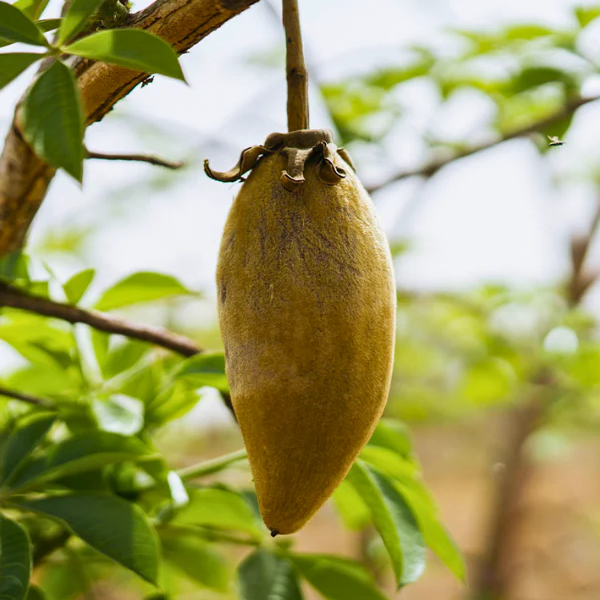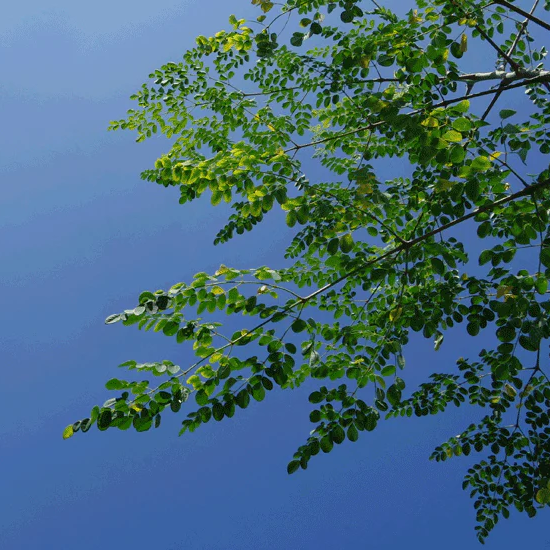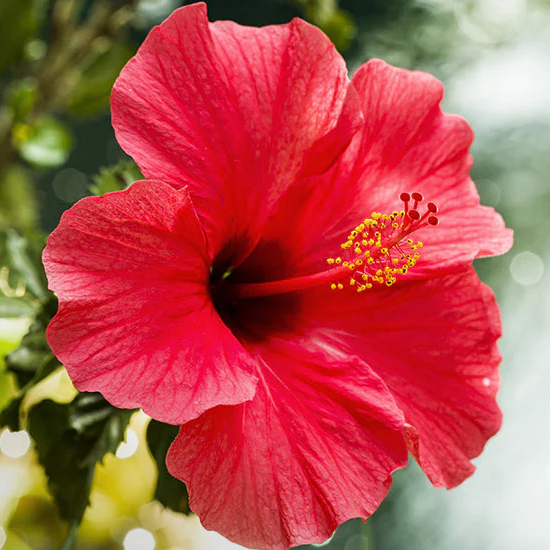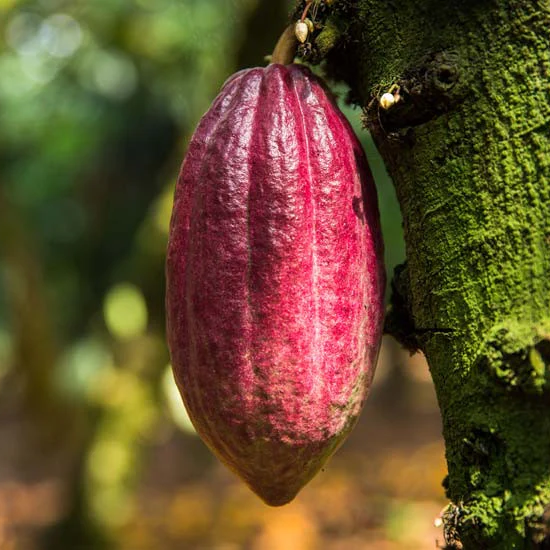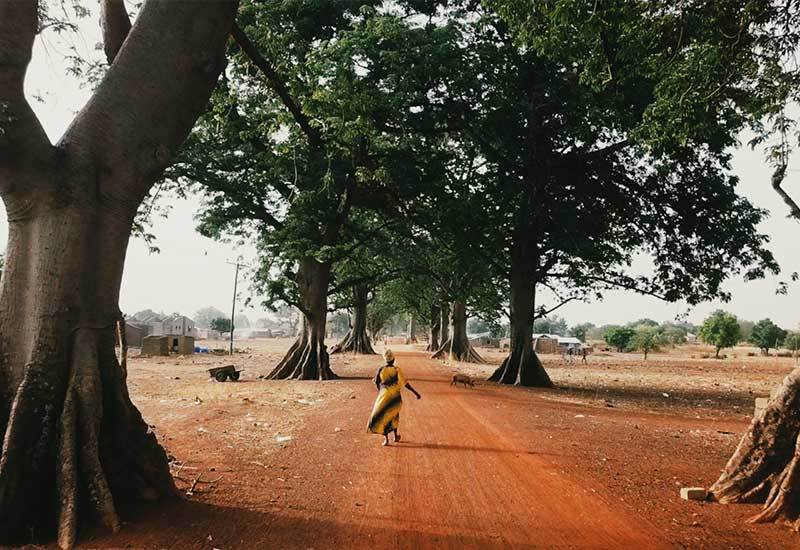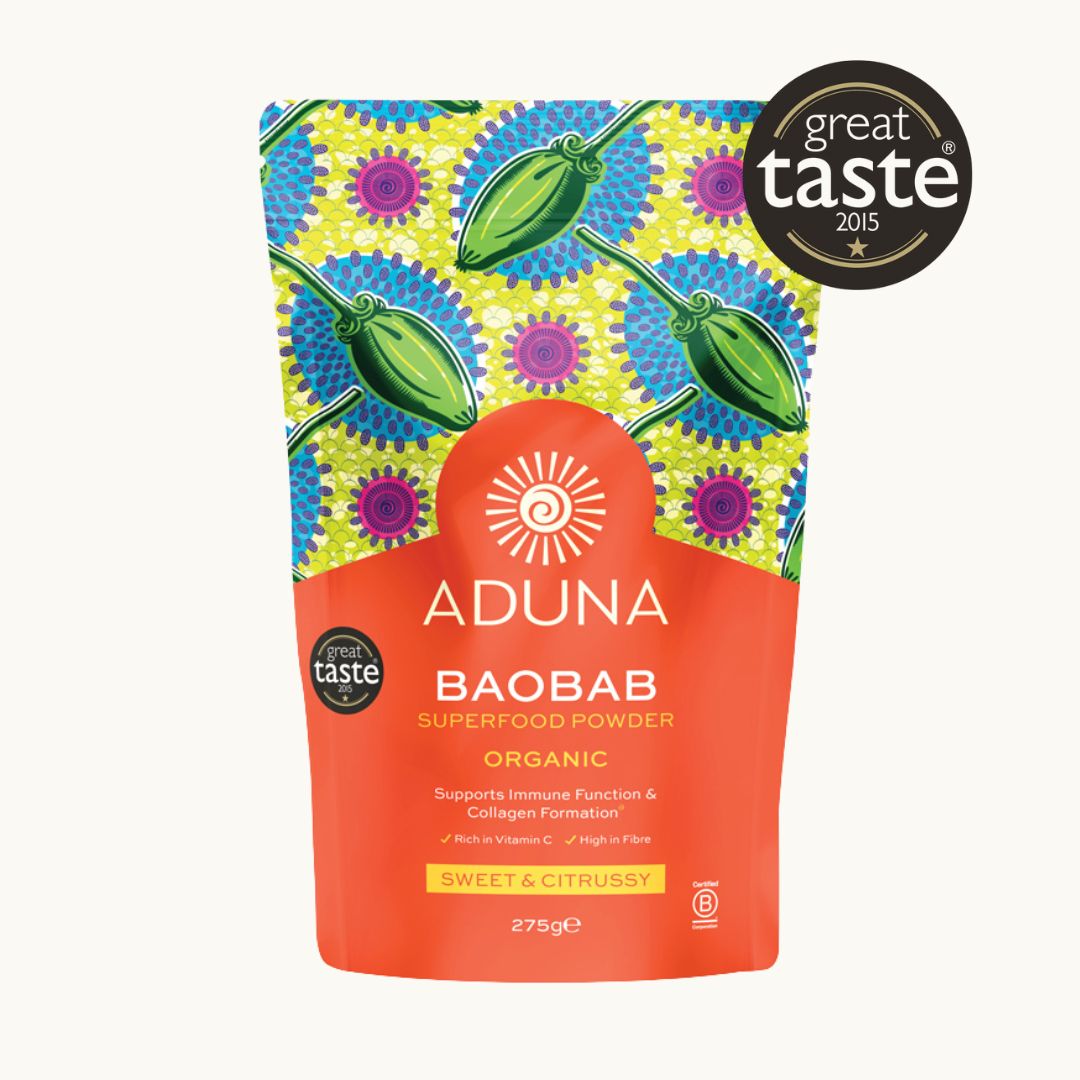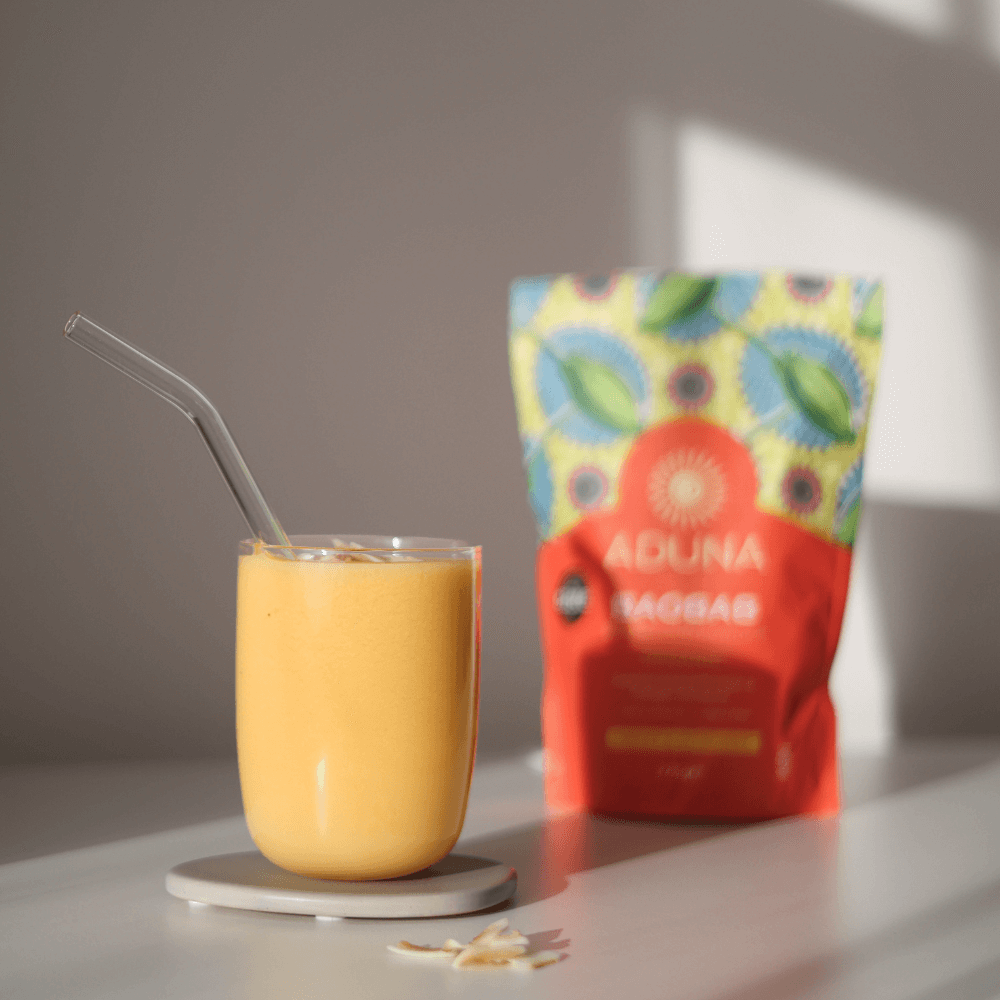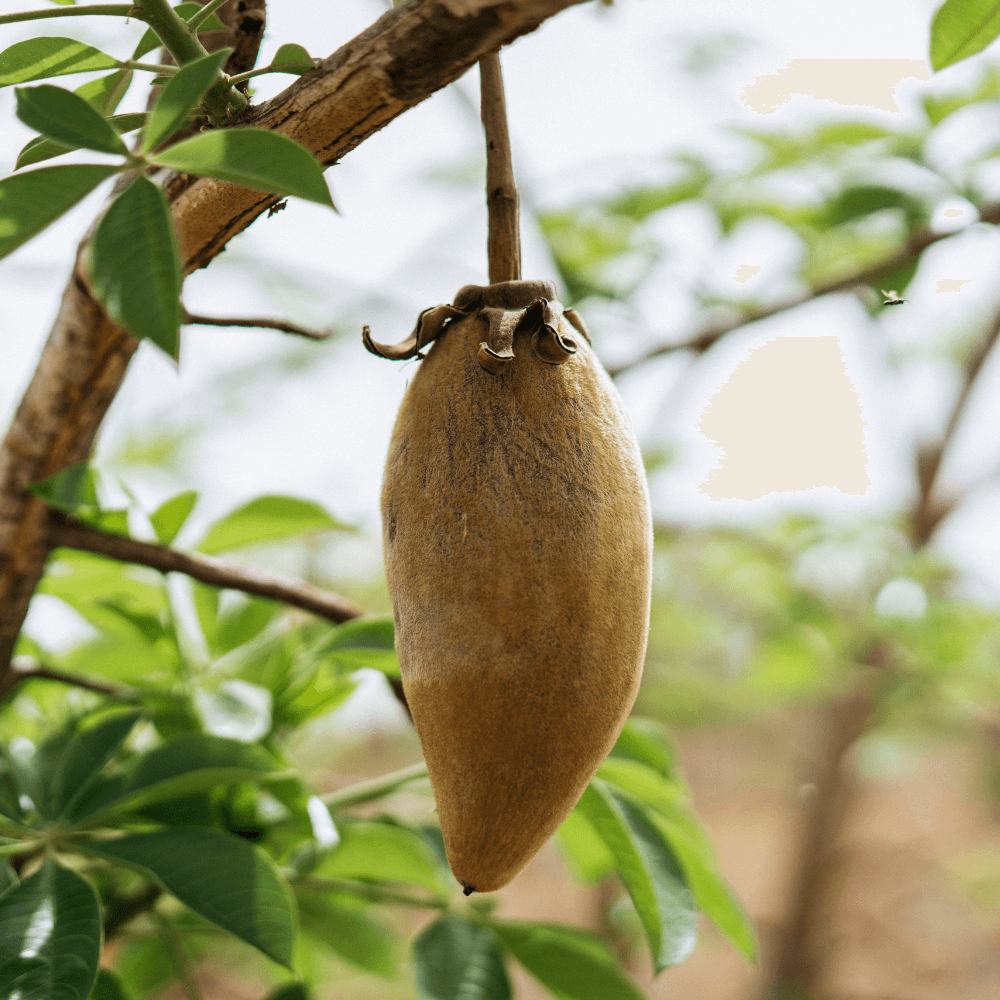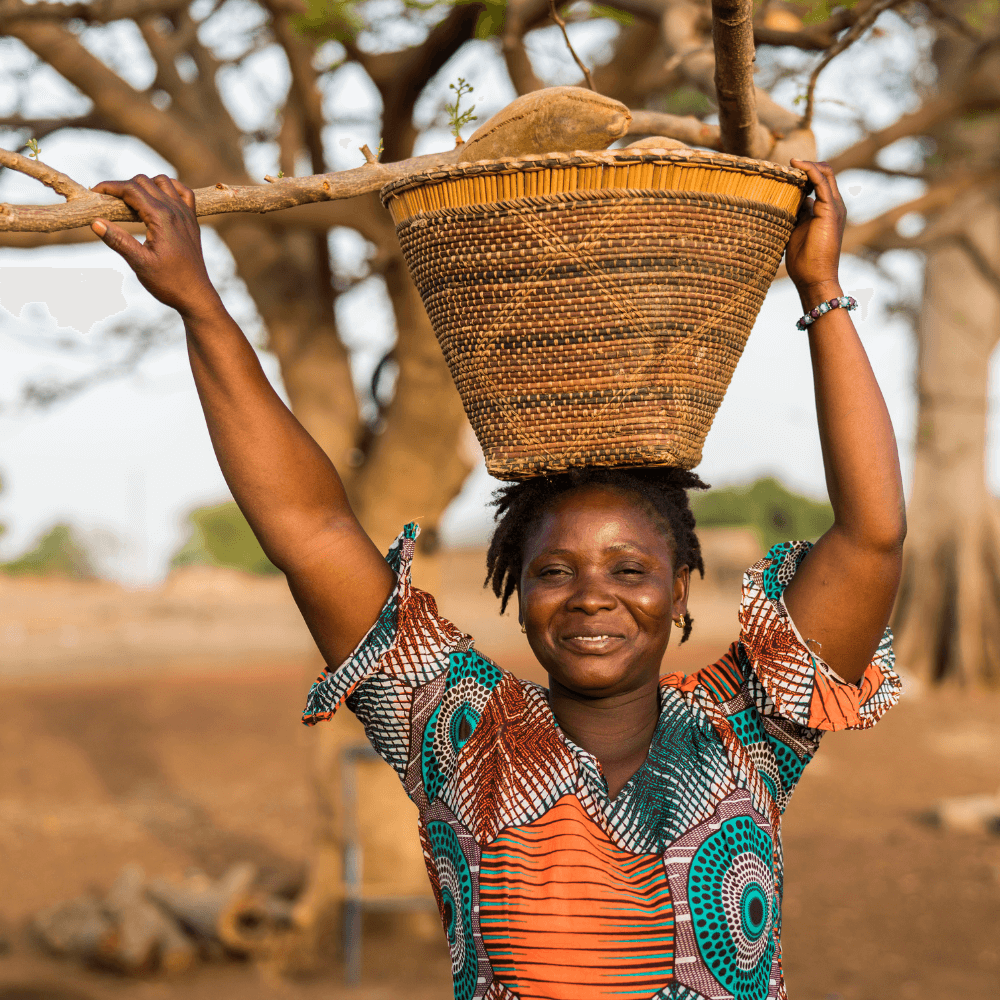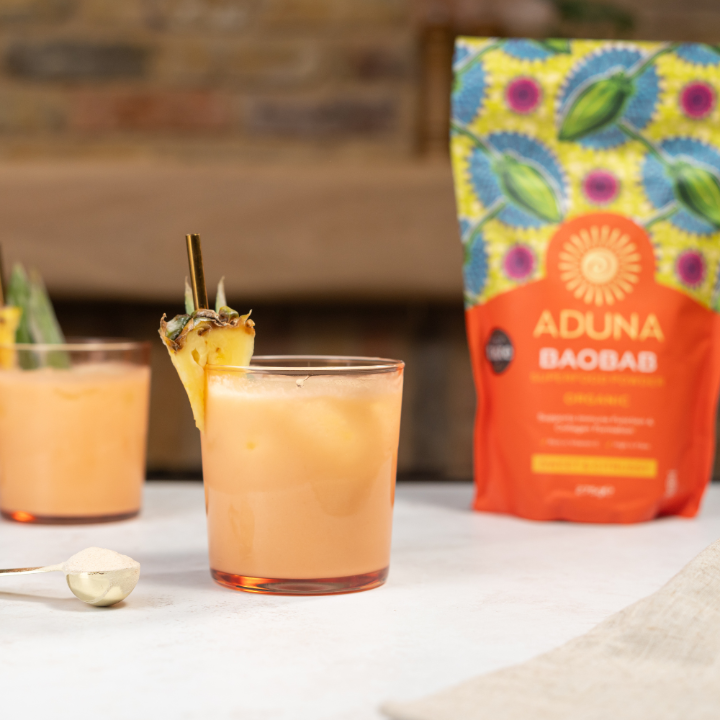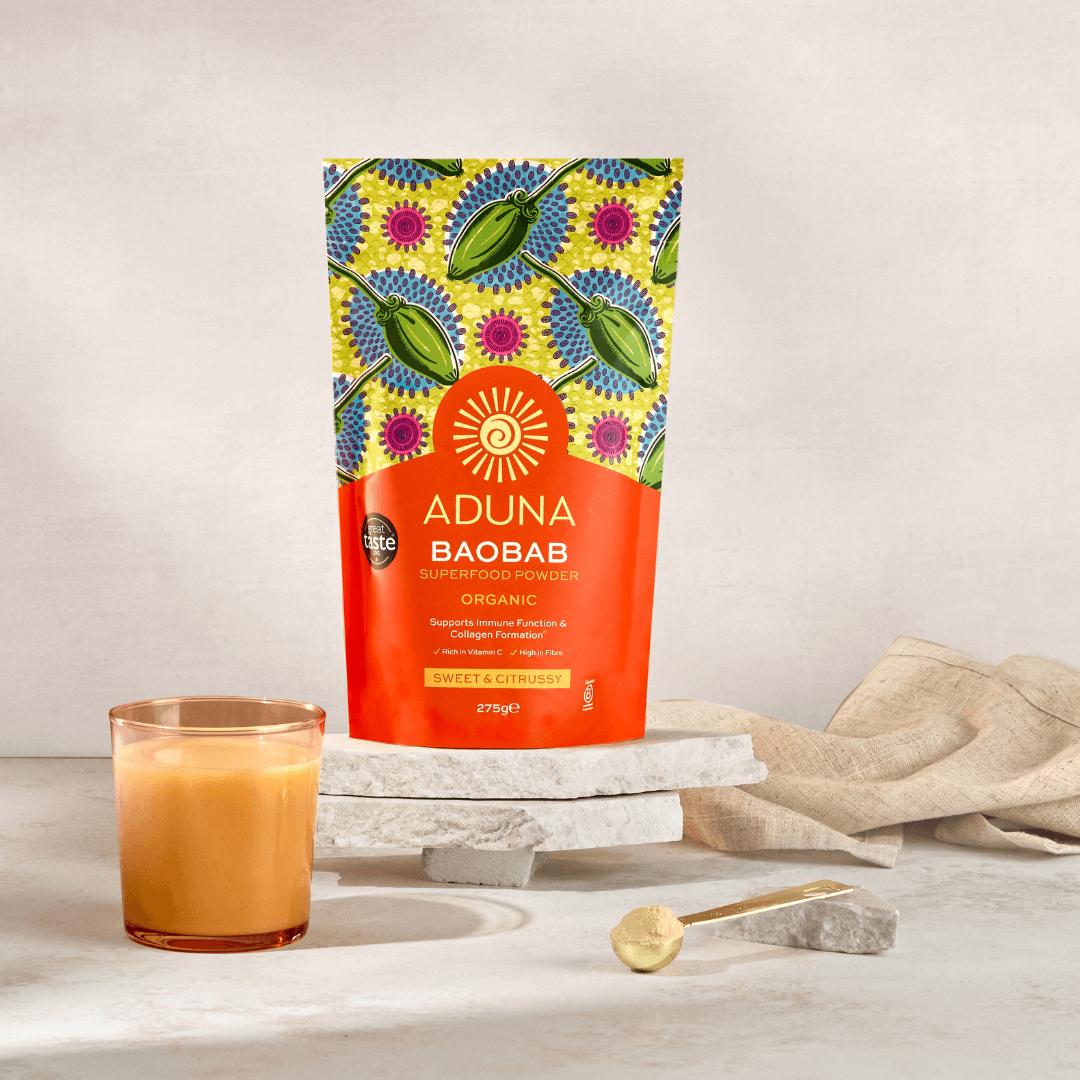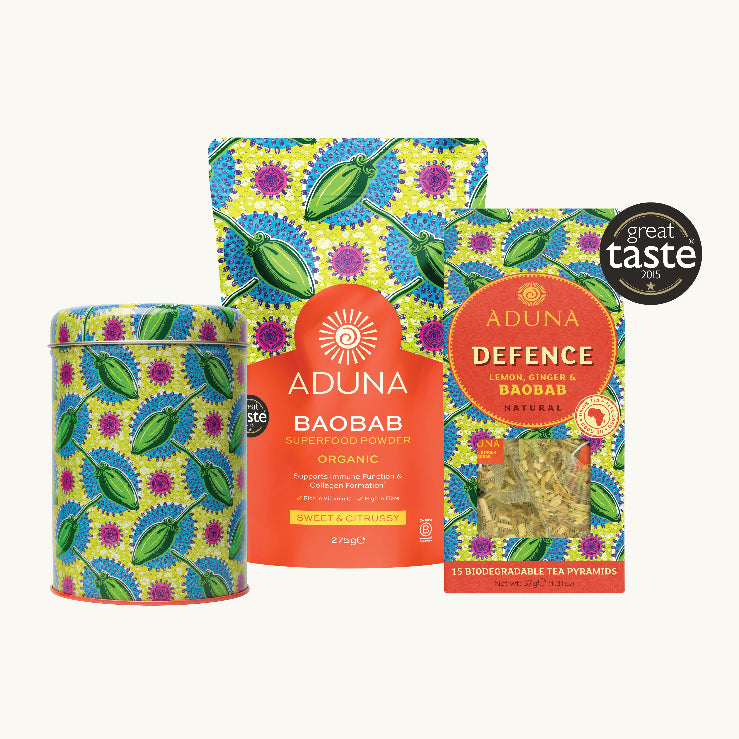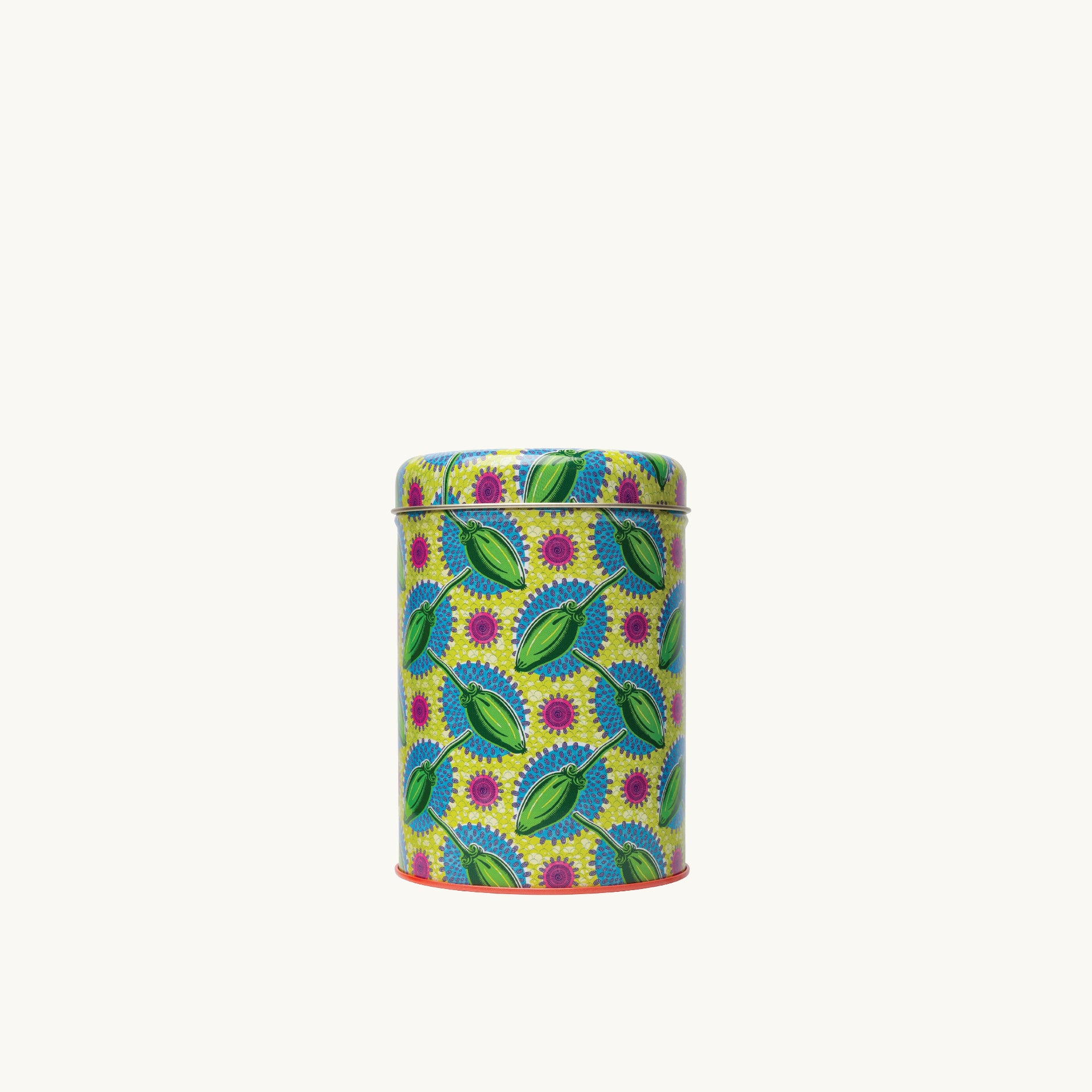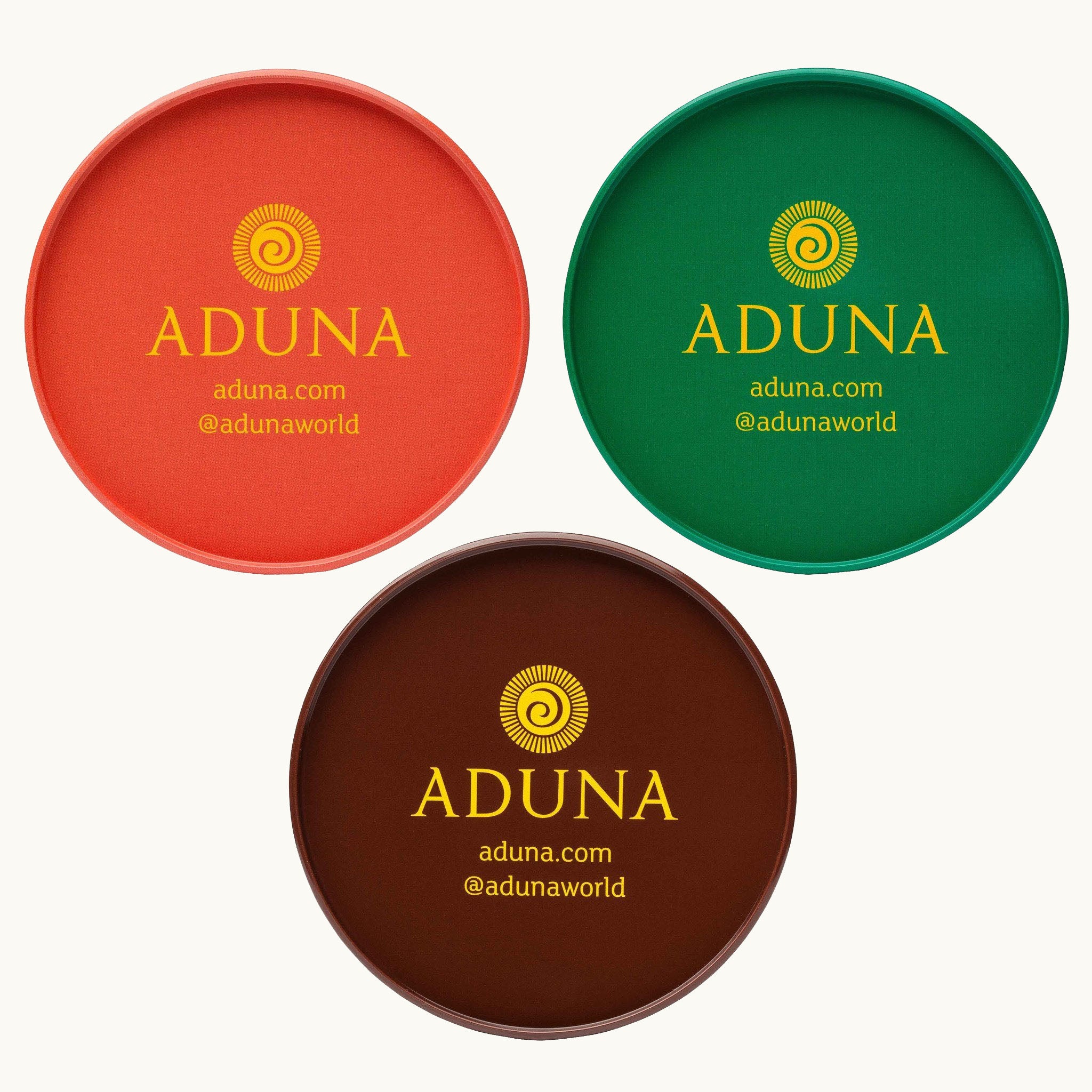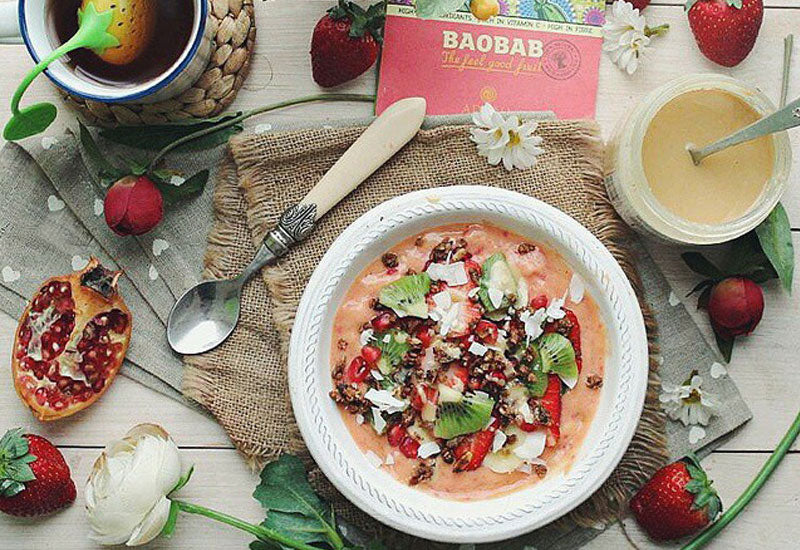Aduna is an award-winning social business bringing African superfoods from village to shelf, helping restore the environment and creating sustainable incomes for rural households.
We are honoured to have partnered with the African Union on the epic and inspiring Great Green Wall, an African-led movement to grow and preserve an 8,000km wall of trees across the Sahel, one of the world's poorest regions and where our baobab supply chain is based. Baobab has a crucial role to play in the Great Green Wall - watch our video to find out more:
Millions of trees are being planted, creating a wall of natural produce from Senegal in the West to Djibouti in the East that will reverse desertification and climate change, provide food security and employment and prevent mass migration.
Once complete, the wall of trees will be the largest living structure on the planet (three times the size of The Great Barrier Reef and visible from space!), restoring the Sahel and transforming the lives of millions of people.

Together we are working to build sustainable value chains for baobab, moringa and other superfoods grown on the Great Green Wall. To date we have:
- Expanded our baobab supply chain to include 16 more communities in Upper East Ghana and for the first time, in Centre-Sud Burkina Faso
- 1,823 women now receive sustainable incomes from baobab
- Together these women have 11,000 dependents whose lives have been transformed
- Created a ‘Sahel Innovation Centre’ to enable the experimentation and piloting of other under-utilised crops grown along The Great Green Wall
- Initiated a community land restoration programme including planting 12,000 new baobab trees
Baobab's Role in The Great Green Wall
Baobab trees grow abundantly across the Sahel and have a far-reaching impact:
1. Environmental
Baobab trees help promote biodiversity and are a vital part of the natural ecosystem in the Sahel. Drought-resistant, they flourish in even the most harsh and degraded soils, helping fight desertification caused by water and wind erosion. They provide a source of food and shelter for animals and humans and help improve the quality of the soil, enabling the cultivation of crops.

Baobabs also have a remarkable ability to sequester carbon, which means they can store carbon dioxide and other forms of carbon from the atmosphere, helping fight global warming and climate change. A single baobab tree can sequester more carbon than a hectare of Acacia trees.
2. Social
Baobab trees are owned by the local communities and produce a highly nutritious fruit right in the middle of the seven-month long dry season.

The fruit is so abundant that the majority currently goes to waste. Harvesting and selling surplus fruits provides valuable income streams to rural households at a time of year when life is at its toughest.
We are currently working with 1,823 women baobab producers in Upper East Ghana and Centre-Sud Burkina Faso to harvest and process their fruits. The women are seeing increases in household incomes of up to 10 times enabling them to provide basic needs like education, food and healthcare for their 11,000 dependants.
Meet Our Baobab Producers
Read the stories of some of the amazing women baobab producers we work with in Upper East Ghana and Centre-Sud Burkina Faso.
3. Commercial
Most baobab fruits currently go to waste due to a lack of viable commercial market. This puts the trees at risk because they are perceived to have no economic value.
Aduna is working to change this by pioneering a global market for baobab, creating a commercial demand for the fruit that translates directly into incomes for rural households.

Today, we are working with 44 communities in Upper East Ghana but there are 8,000 communities in Northern Ghana alone who could benefit, if the market was big enough.
At scale, National Geographic estimates that a global market for baobab could be worth as much as $1 billion to rural Africa every year, providing sustainable incomes for 10 million households.
Our partnership with the Great Green Wall is enabling us to scale up our baobab value chain, build the market for baobab globally and plant more trees, helping preserve the baobab population for future generations with a wide-reaching impact on the environment.
Known as 'The Tree of Life,' it is fitting that the Baobab tree plays a starring role in the Great Green Wall, which itself will bring new life to the land and people of the Sahel.
Find out more at thegreatgreenwall.org and discover the inspiring possibility of baobab.

